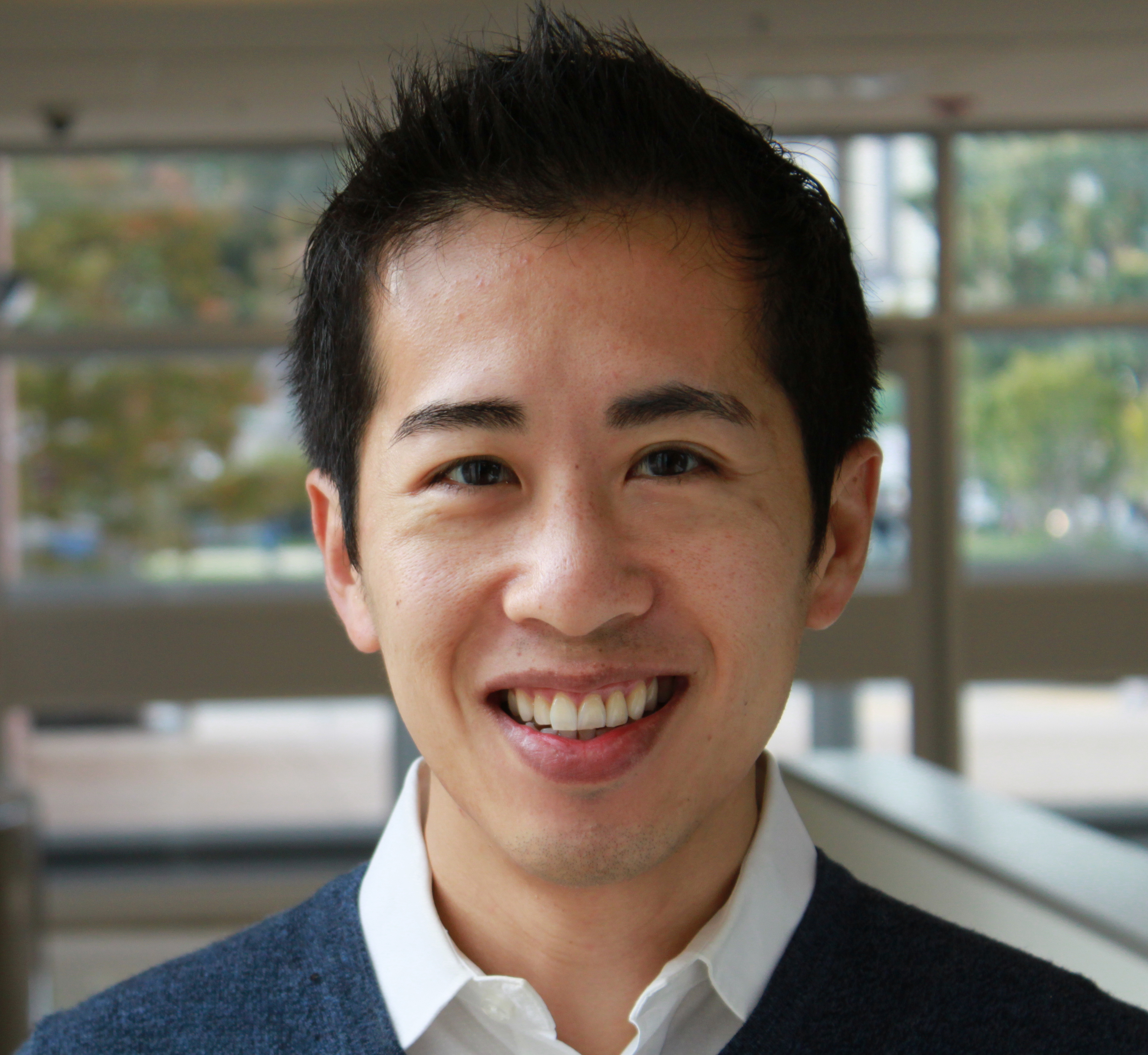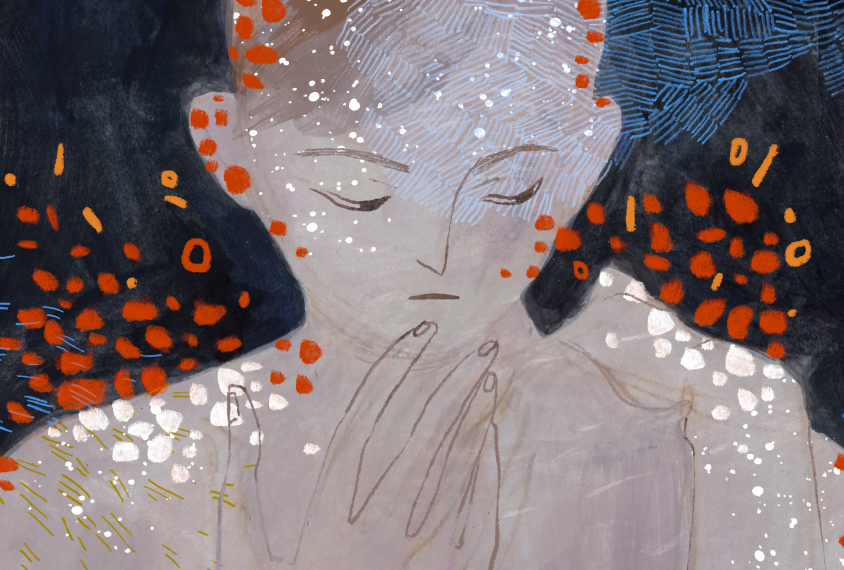Brian Lee is associate professor of epidemiology and biostatistics at Drexel University in Philadelphia.

Brian Lee
Associate professor
Drexel University
From this contributor
Journal club: Does lithium in drinking water contribute to autism?
A study published in JAMA Pediatrics suggests that autism is more common among people born in areas with high levels of lithium in drinking water, but it is too soon to say whether prenatal lithium exposure is truly a concern.

Journal club: Does lithium in drinking water contribute to autism?
Autism heritability: It probably does not mean what you think it means
The question of autism's heritability is compelling for researchers and laypeople alike, but many people in both groups misunderstand its definition.

Autism heritability: It probably does not mean what you think it means
Explore more from The Transmitter
Shifting neural code powers speech comprehension
Dynamic coding helps explain how the brain processes multiple features of speech—from the smallest units of sounds to full sentences—simultaneously.

Shifting neural code powers speech comprehension
Dynamic coding helps explain how the brain processes multiple features of speech—from the smallest units of sounds to full sentences—simultaneously.
Astrocytes orchestrate oxytocin’s social effects in mice
The cells amplify oxytocin—and may be responsible for sex differences in social behavior, two preprints find.

Astrocytes orchestrate oxytocin’s social effects in mice
The cells amplify oxytocin—and may be responsible for sex differences in social behavior, two preprints find.
Neuro’s ark: Spying on the secret sensory world of ticks
Carola Städele, a self-proclaimed “tick magnet,” studies the arachnids’ sensory neurobiology—in other words, how these tiny parasites zero in on their next meal.

Neuro’s ark: Spying on the secret sensory world of ticks
Carola Städele, a self-proclaimed “tick magnet,” studies the arachnids’ sensory neurobiology—in other words, how these tiny parasites zero in on their next meal.